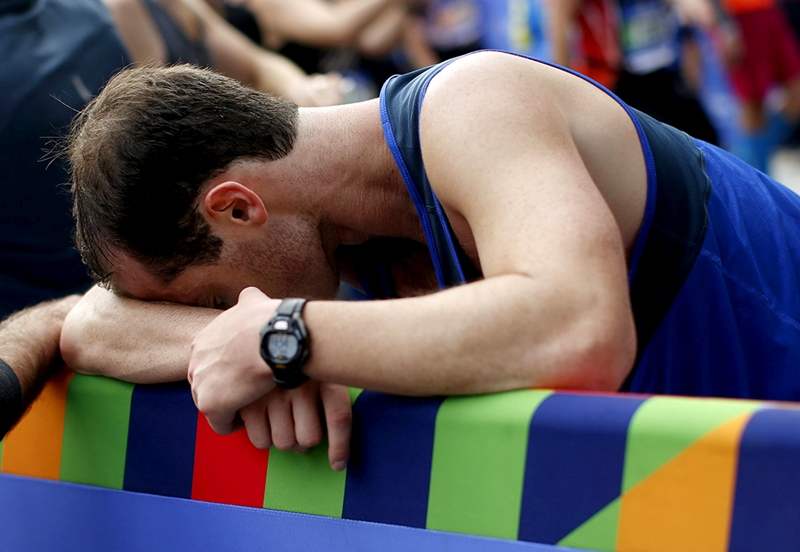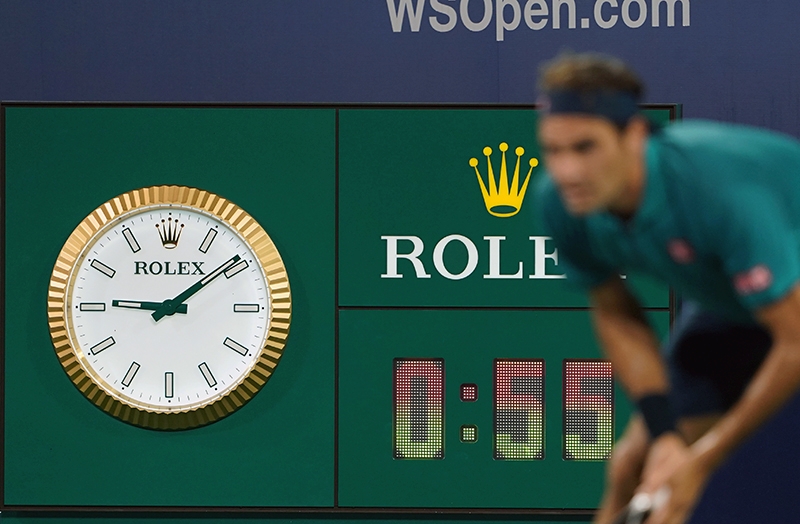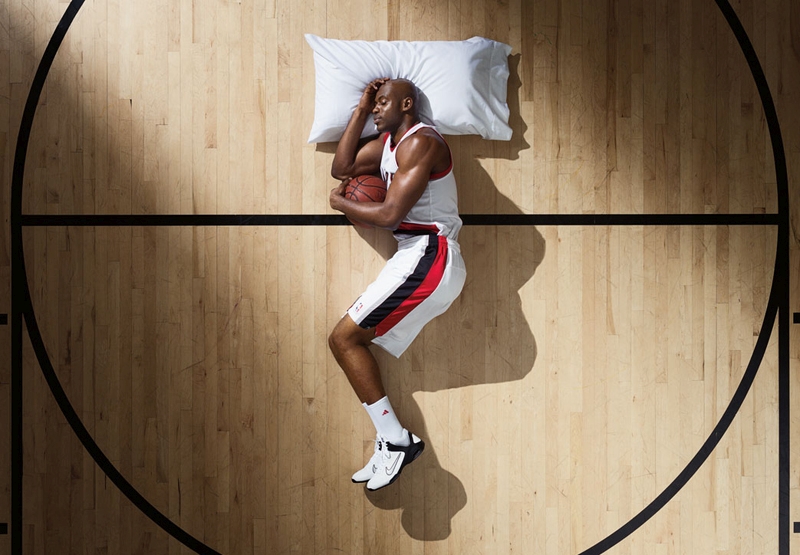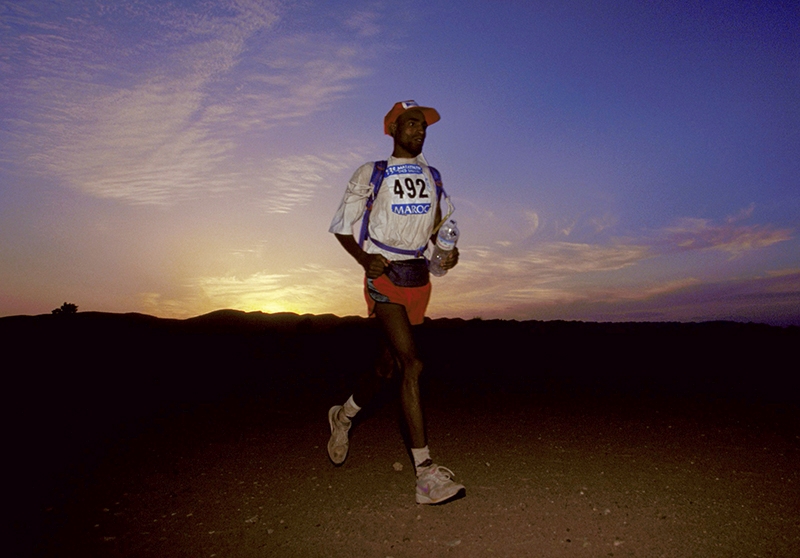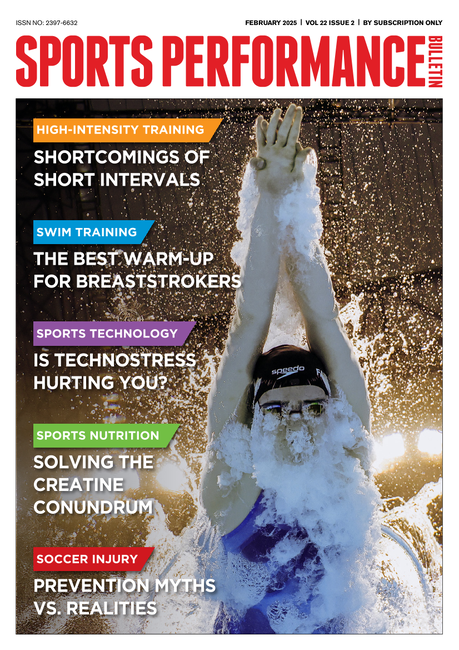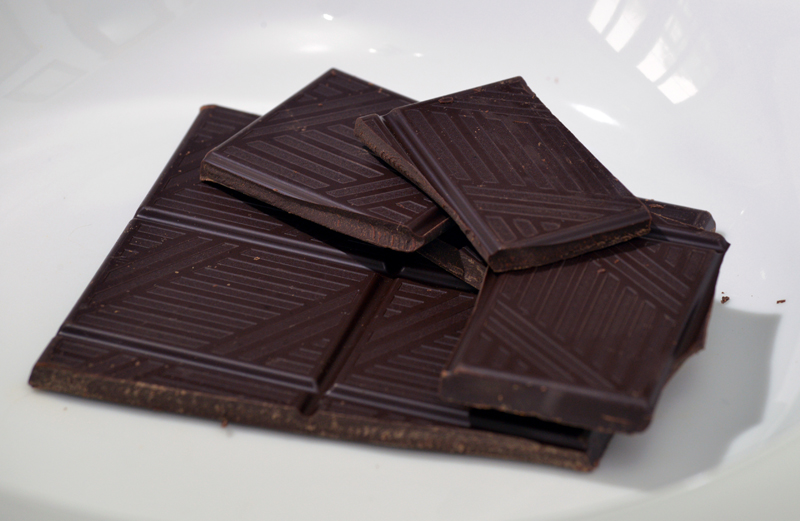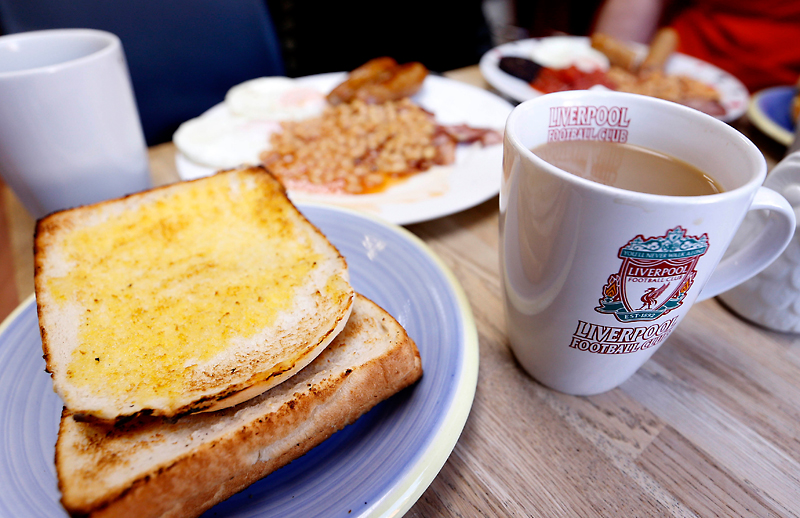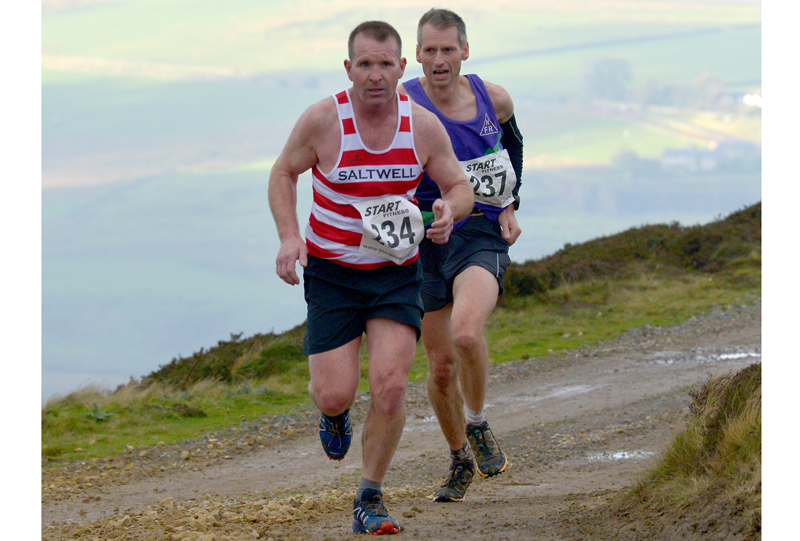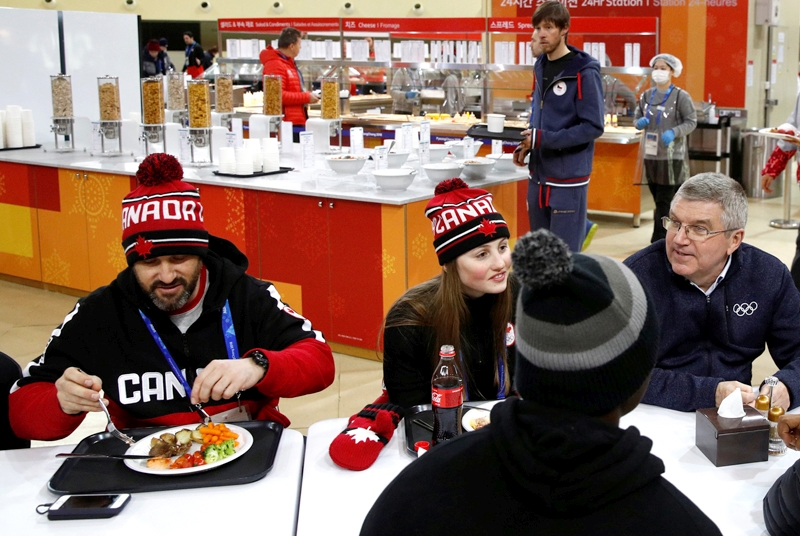You are viewing 1 of your 1 free articles. For unlimited access take a risk-free trial
Race preparation: should you bank on extra sleep?
 Andrew Hamilton looks at new research on the impact of sleep quantity on athletic performance. Can athletes benefit from getting extra sleep before that all-important event?
Andrew Hamilton looks at new research on the impact of sleep quantity on athletic performance. Can athletes benefit from getting extra sleep before that all-important event?
In recent years, scientists have established that sleep health plays a vital role in sport and exercise performance. Get your sleep health right and performance is likely to be enhanced. However broken or insufficient sleep is not good for performance.In terms of physiological recovery, sleep is vital – not least because a number of hormonal responses take place in the lead up to and during sleep. One important hormone relating to athletic recovery is growth hormone. Growth hormone is necessary for body restoration, and plays an important role in muscle growth and repair(1,2) Muscle growth, repair, and bone building are vital for athletic recovery following strenuous training and competition; it has been reported that 95% of the daily production of growth hormone is released from the pituitary gland in the endocrine system during non-rapid eye movement sleep (NREM - ie deep sleep). Therefore NREM sleep is considered the time in which the body actively repairs and restores itself(3,4).
Pitfalls of sleep deprivation
Given the above, it follows that a sleep shortage is likely to be counterproductive for athletic performance, and the research does indeed bear this out. Sleep deprivation is associated with higher rating of perceived effort (RPE) values, potentially leading to reduced performance, particularly in endurance events(5,6). In short, when you’re sleep deprived, you will feel like you’re working harder to sustain a given workload compared to when sleep amounts have been adequate.Research also suggests that sleep deprivation leads to a higher rate of injury(7), reduces muscle glycogen stores(8) and alters recovery after muscle damage induced by exercise(9). Acute sleep deprivation and chronic sleep restriction also induce alterations in glucose metabolism, with increases in insulin resistance and decreased insulin sensitivity(10). These changes in glucose and insulin metabolism means it becomes harder to regulate and optimise energy levels – both at rest and during exercise.
Is extra sleep beneficial?
If sleep deprivation harms sport performance, a question that arises is whether extra sleep (above and beyond the normal sleep length) can provide additional performance benefits? This is a topic where relatively little research has been carried out. However, in the past four years or so, some intriguing findings have emerged.In a pioneering 2015 study, French scientists investigated the effects of six nights of sleep extension on sustained attention and sleep-deprivation pressure before and during a period of total sleep deprivation(11). What they wanted to discover was whether ‘banking' extra sleep hours could offset the performance decrements produced by subsequent sleep deprivation.
In this study, fourteen subjects underwent a night of total sleep deprivation on two separate occasions. Before one of these sleep deprivation nights however, the subjects were allowed ‘extended sleep’ in 6-day period beforehand; instead of their habitual 8.2 hours of sleep, they slept for an average of 9.8 hours per night. In the other trial, they slept normally in the run up to the total sleep deprivation night.
The results of tests carried out on the subjects the day after total sleep deprivation showed that compared to habitual sleep, when they had ‘banked’ the extra sleep for six nights, their psychomotor vigilance task performance was significantly improved after sleep deprivation (fewer lapses and faster speeds during the tasks). Interestingly, these benefits were still apparent the next day, after a night of ten hours of recovery sleep.
Tests on athletes
The above study looked at mental and motor skill tasks (not at exercise performance), so the following year, the same team investigated the effects of banking sleep prior to sleep deprivation on maximal muscle contractions to exhaustion(12). Employing the same protocol as described above (six nights of habitual or extended sleep prior to one night of total sleep deprivation), twelve subjects were tested for maximal voluntary muscle contractions of the quadriceps muscles performed on a leg extension machine after total sleep deprivation.Once again, when the subjects had banked extra sleep, they performed better after sleep deprivation, with a 3.9% longer time to exhaustion than when they’d had habitual sleep. And like the earlier study, these benefits persisted. After a night of recovery sleep, the prior sleep banking resulted in 12.3% longer time to exhaustion. It also resulted in a reduced rate of perceived exertion (by 7.2%).
Extra sleep on its own
Studies on sleep banking in athletes before total sleep deprivation are all very well. But how relevant are they? How many sportsmen and women get no sleep at all the day before an event? Well, brand new research suggests that sleep banking could be performance enhancing, even in normal circumstances where athletes aren’t sleep deprived before an event. In a study by US scientists on 50 military athletes, researchers investigated the effects of sleep banking (four nights averaging an extra 80 minutes of sleep per night) on subsequent performance in a range of mental and physical tests(13). The subjects were split into two groups:- *Control – maintained their normal sleep patterns during the four days prior to testing.
- *Extended sleep – were allowed an extra 80 minutes of sleep per night in the four days prior to testing.
The results showed that compared to the habitual sleep group, the sleep banking group significantly performed their performances in all the tests after their four nights’ of extra sleep. What was also noticeable was that performance in the broad jump and levels of motivation remained elevated in the sleep banking group another four days later - even when they had resumed their normal sleep patterns. This suggests that ‘banking sleep’ not only has immediate benefits, but may also confer a longer-term benefit, lasting for many days.
Implications and advice for athletes
Although the research in this area is limited, the evidence to date is that sleep banking – ie a few nights of extra sleep hours – in the run up to a race or important event could be beneficial, even if you don’t consider yourself sleep deprived! These findings should also help to reassure athletes that a poor night’s sleep before an event is unlikely to dent performance – providing they’ve had ample sleep in the run up to that event. In terms of practical tips then:- *When preparing for an event, ensure your schedule in the week prior is quiet. Plan ahead and try if possible to keep this period free of late social evenings, deadlines, travel away etc.
- *Allow 4-6 nights of longer sleep during that week by retiring to bed 90 minutes earlier than normal. This may mean moving your evening meal to a slightly earlier time. You may also wish to avoid caffeinated beverages after mid-afternoon.
- *Stick to exactly the same bedtime routine as you normally do; this is important as your mental bedtime cues play an important role in producing feelings of sleepiness.
- *Relax in the knowledge that you needn't worry if you don’t sleep well the night before that important event. Your accumulated sleep surplus will easily see you through!
- Biol Rhythm Res. 2009;40(1):45–52
- Eur J Sport Sci. 2008;8(2):119–126.29–31
- Annu Rev Med. 1976;27:225–243
- J Sports Sci. 2012;30(1):S75–S84
- Med Sci Sports Exerc. 2013;45: 2243–2253
- Eur J Appl Physiol. 2009;107: 155–161
- US Army Med Dep J. 2013; 98–108
- Med Sci Sports Exerc. 2011;43: 1301–1311
- Med Hypotheses. 2011;77: 220–222
- Sci Transl Med. 2012;4: 129ra43
- Sleep. 2015 Dec 1;38(12):1935-43
- Med Sci Sports Exerc. 2016 Aug;48(8):1595-603
- Sleep Med. 2019 Mar 28;58:48-5
Newsletter Sign Up
Testimonials
Dr. Alexandra Fandetti-Robin, Back & Body Chiropractic
Elspeth Cowell MSCh DpodM SRCh HCPC reg
William Hunter, Nuffield Health
Newsletter Sign Up
Coaches Testimonials
Dr. Alexandra Fandetti-Robin, Back & Body Chiropractic
Elspeth Cowell MSCh DpodM SRCh HCPC reg
William Hunter, Nuffield Health
Keep up with latest sports science research and apply it to maximize performance
Today you have the chance to join a group of athletes, and sports coaches/trainers who all have something special in common...
They use the latest research to improve performance for themselves and their clients - both athletes and sports teams - with help from global specialists in the fields of sports science, sports medicine and sports psychology.
They do this by reading Sports Performance Bulletin, an easy-to-digest but serious-minded journal dedicated to high performance sports. SPB offers a wealth of information and insight into the latest research, in an easily-accessible and understood format, along with a wealth of practical recommendations.
*includes 3 coaching manuals
Get Inspired
All the latest techniques and approaches
Sports Performance Bulletin helps dedicated endurance athletes improve their performance. Sense-checking the latest sports science research, and sourcing evidence and case studies to support findings, Sports Performance Bulletin turns proven insights into easily digestible practical advice. Supporting athletes, coaches and professionals who wish to ensure their guidance and programmes are kept right up to date and based on credible science.
